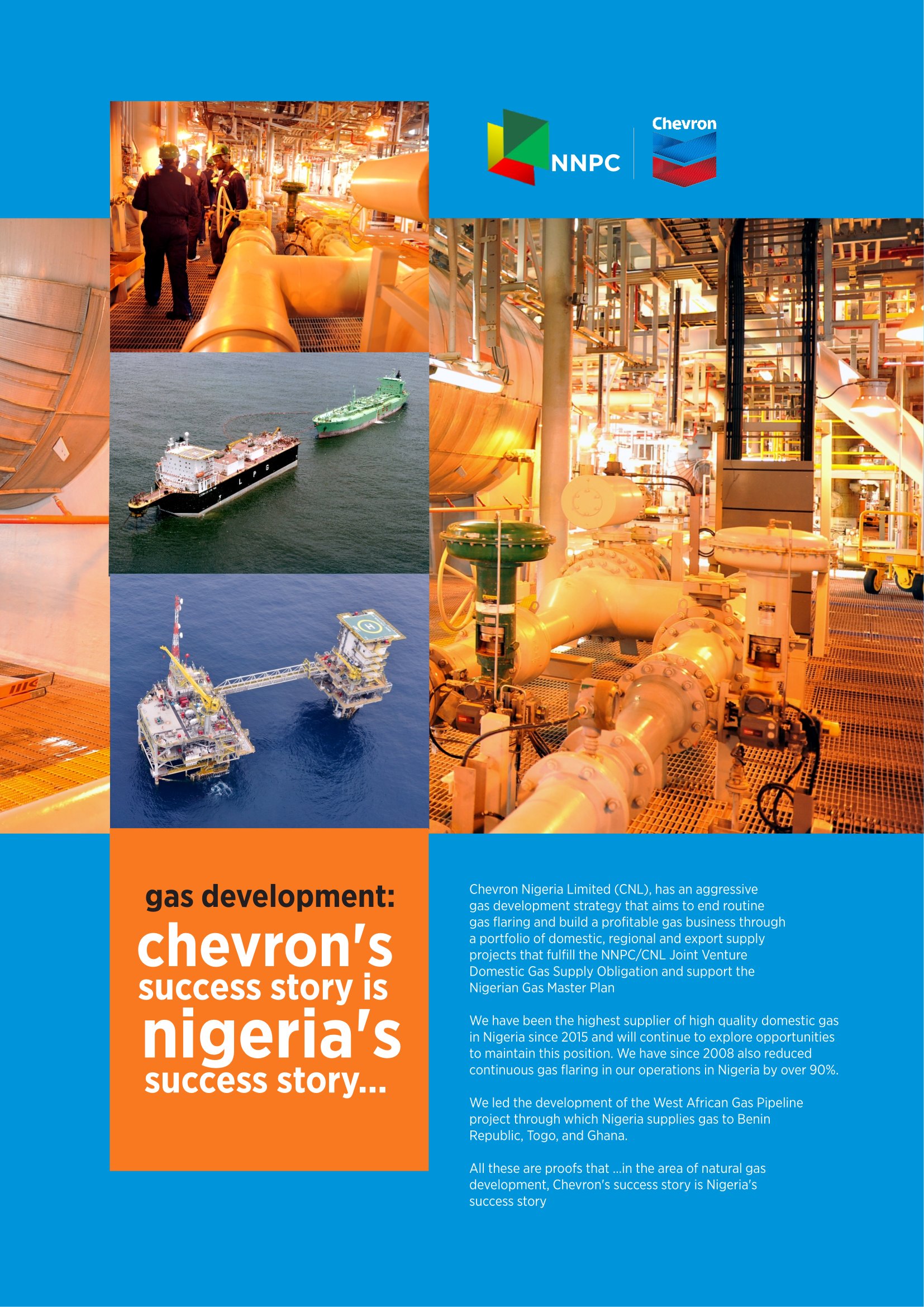By Chesa Chesa
President Bola Tinubu through the Federal Executive Council (FEC) on Monday gave approval for the Nigerian National Petroleum Company Limited (NNPCL) to immediately commence the sale of crude oil in Naira directly to the Dangote Refinery.

Special Adviser to the President on Revenue, Dr. Zach Adedeji told State House correspondents after the FEC meeting that the strategic intervention is to enable the refinery help stabilize the nation’s currency exchange rates and restore price stability.
The $20 billion Dangote Refinery, with a daily crude production capacity of 650,000 barrels started production in January but has struggled to secure enough crude to meet its full operations.
According to Adedeji, Dangote Refinery under the arrangement will sell refined products in the local market in Naira as it requires approximately 15 crude cargoes per month, translating to an annual supply cost of $13.5 billion.
“NNPCL has committed to supplying four (4) crude oil cargoes monthly, leaving the remainder to be sourced from international traders. Currently, these transactions are conducted in USD, significantly straining Nigeria’s foreign currency liquidity,” the Presidential Adviser said.
Adedeji who is also the chairman of the Federal Inland Revenue Service (FIRS), explained that the new approval by FEC also enables local refineries’ crude oil purchases from NNPCL will be denominated in Naira at a fixed exchange rate for a minimum period of six months, while refined product sales to approved Local Petroleum Marketing Companies is conducted in NGN at the same fixed exchange rate.
“A settlement bank (e.g., Afreximbank) facilitates both trades by providing guarantees to NNPCL to cover the payment risk of local refineries and to Nigerian commercial banks for the payment risk of Petroleum Marketing Companies. This approach will eliminate the need for international letters of credit, saving Nigeria substantial amounts of American dollars”, he stated.
Nigeria before the new approval utilized $660 million per month, totaling $7.92 billion annually but with the proposed scenario, expenditures are projected to decrease to $50 million per month, equating to $600 million annually.
“This reduction will significantly alleviate the pressure on foreign exchange reserves, leading to an annual savings of $7.32 billion representing 94 percent,” Adedeji added.
The Federal Government hopes that with the new approval, there will be stability of petroleum product prices as the forward-selling of crude oil and refined products at a fixed exchange rate unaffected by exchange rate fluctuations will stabilize pump prices.
The stability in petroleum prices is also likely to drive the appreciation of the Naira as petroleum imports which account for 30 percent of Nigeria’s FX demand.
Other benefits of the new approval are that the strategy will eliminate government control and drive independence of the market as aiming to eliminate government intervention in the management of domestic petroleum prices, while facilitating competitiveness and allowing for greater market predictability and stability.
The model, subject to the settlement bank’s (e.g., Afreximbank) credit approvals, can be replicated for other refineries, facilitating the trade of 445,000 barrels reserved for domestic consumption and achieving energy security.




